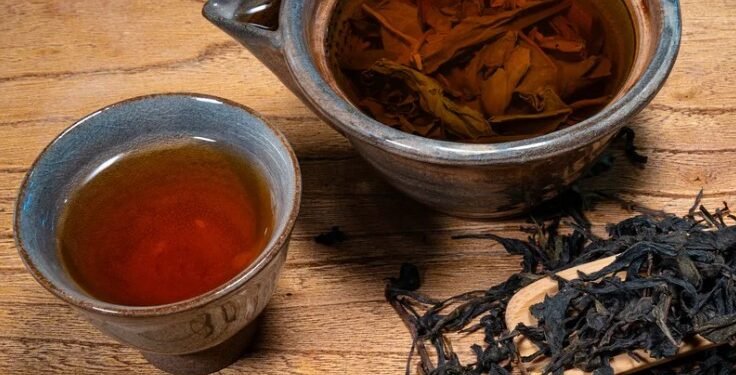When it comes to enjoying a comforting cup of tea, our choices can impact the environment significantly. With today’s environmental awareness, every tea lover faces a simple yet important decision: loose-leaf tea or tea bags.
While both offer the enjoyable experience of a warm, soothing beverage, the environmental effects of each are quite different. Going in for loose-leaf tea is the simplest way to be an eco-conscious consumer.
This change will not only cause less waste, help the farmers get paid well, and taste much better, but it will also be eco-friendly. Let’s discuss why loose-leaf tea is a better, more eco-friendly option.
It Minimizes the Waste
The most substantial environmental advantage of using loose-leaf tea instead of other types of tea is reducing waste. Generally, traditional tea bags include wrapping paper, plastic, and other components.
Tea bags are often covered with a thin layer of plastic or made entirely from artificial materials just to keep their shape in hot water. Those materials are not biodegradable and can last long years, breaking down in landfills and causing environmental pollution in the long term.
Contrary to that, loose-leaf and Chinese tea typically come with little packaging material. Generally, you will find packaged loose-leaf tea in bulk or plain eco-friendly packs of recyclable tins, paper bags, or glass jars.
It incredibly decreases the quantity of waste yielded. Typically, the packing of loose-leaf tea would be greener as it can be recycled or composted.
If you’re looking for sustainable tea brands, you have probably heard about iTeaWorld. This tea brand merges top quality with sustainability to give you the best variety of organic loose-leaf teas.
They get their teas from farms that believe in dealing with the environment most sustainably, as they grow their crops organically and harvest using the least invasive methods possible.
Fresher and Higher Quality
One more benefit of loose-leaf tea is that it is fresh and better quality than tea bags. Loose-leaf tea comprises whole pieces of tea leaves, retaining more natural oils and its savoury smell and flavour.
Through the withering, the tea has more variety and depth. Hence, loose-leaf tea, which contains less process, keeps the soft flavours and fragrance, which may eventually be lost with heavily perceived tea.
Like bagged tea, “fannings” or “dust” refers to small particles and broken particles that are not really from the production of loose-leaf tea. They do not guarantee they will withstand the test of time or have the quality they lost.
Likewise, compressed tea packets may not have space to spread out and let the leaves fully bloom when steeping, leading to a less tasty experience.
You choose a healthier option and the best taste when you opt for loose-leaf tea, such as the best oolong tea. These teas surely offer more health benefits. While whole leaves include more antioxidants and better compounds for our health, teabags usually have particles from tea that have gone through a smaller-scale milling process, providing fewer or no health benefits.
Conclusion
Lastly, the preference for loose-leaf tea over conventional bagged tea is a small yet impactful method of participation in environmental sustainability. This can warrant less waste, higher quality, fresh tea, and support for organic farming.
There is no hesitation then for eco-warriors to switch to eco-friendly tea. It means that when you make your own, each cup becomes your tool for improving the world.
With iTeaWorld you have the perfect opportunity not only to enjoy authentic teas but also to follow a company concerned about environmental protection and the overall health of our planet.
Supporting brands like iTeaWorld, you savor the purest and finest tea and spur a green cause in agriculture.












